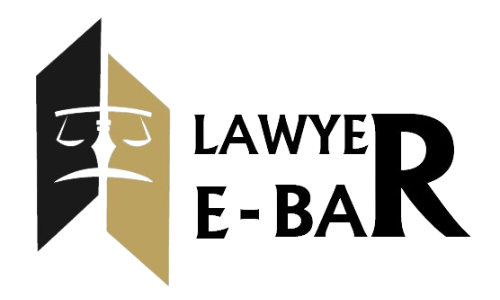01
General POA
A general POA is broad and comprehensive, providing the agent with extensive powers to manage various aspects of the principal’s life. This type of POA is suitable when the principal needs assistance with multiple affairs.
A Power of Attorney (POA) is a legal document that grants an individual or an organization the authority to act on behalf of another person, referred to as the principal. This authorization empowers the appointed agent, also known as the attorney-in-fact, to make decisions, manage finances, and carry out specific tasks as specified in the document. The principal can designate the agent to handle their affairs in various situations, either temporarily or on a long-term basis.
A general POA is broad and comprehensive, providing the agent with extensive powers to manage various aspects of the principal’s life. This type of POA is suitable when the principal needs assistance with multiple affairs.
A limited POA is specific and targeted, conferring only certain powers to the agent for particular tasks or transactions. It is suitable when the principal requires help with particular matters but not with all aspects of their life.
A medical POA is essential for anyone who wants a trusted individual to make healthcare decisions on their behalf if they are unable to do so due to illness or incapacity.
A financial POA grants the agent the authority to handle financial matters, such as managing bank accounts, paying bills, and making investment decisions.
When choosing a POA, consider qualities such as responsibility, clear communication, and the ability to make informed decisions. The agent should also understand the principal’s values and wishes.
The principal must have complete trust in their chosen agent, knowing that they will act in their best interests and follow their instructions diligently.
How to Setup a POA?
Creating a POA is a legally significant process that requires careful consideration. Consulting an experienced attorney can ensure that the document complies with all legal requirements and accurately reflects the principal’s wishes.
Choosing the right agent is crucial, as they will be responsible for making critical decisions on the principal’s behalf. The agent should be trustworthy, reliable, and willing to take on the responsibility.
The POA document should be drafted carefully, outlining the scope of the agent’s authority and any specific instructions or limitations. It should be signed and notarized according to state laws for it to be legally valid.
The primary purpose of a Power of Attorney is to designate someone to make decisions and act on your behalf when you are unable to do so.
Yes, it is possible to name multiple agents, known as co-agents, who can act either jointly or separately. However, it is crucial to define their roles and responsibilities clearly.
No, a Power of Attorney ceases to be valid upon the principal’s death. After the principal’s passing, the executor or administrator of the estate takes over the decision-making authority.
While it is possible to create a Power of Attorney without an attorney, it is highly recommended to seek legal advice to ensure the document’s validity and compliance with state laws.
Yes, a Power of Attorney can be revoked or modified as long as the principal is mentally competent. A written revocation should be executed and shared with all relevant parties.
